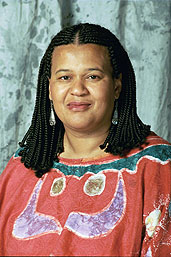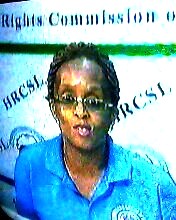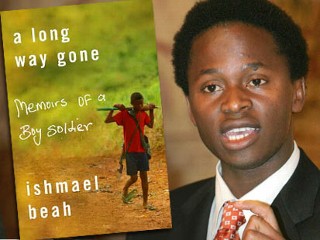The MY HERO Project uses “media and technology to celebrate the best of humanity and to empower young people to realize their own potential to effect positive change in the world.” Harnessing the idealism of youth and the power of storytelling, MY HERO encourages young people to submit stories, art and short films about their personal heroes to an open access digital library.
Started as a way to increase positive role models for children in media, the MY HERO archive is now a “global learning community that bridges the digital divide, promotes peace and tolerance, and allows people around the globe to have their voices heard in a safe, commercial-free, child-friendly environment” that reaches 194 countries around the world.
As part of these efforts, the annual MY HERO Short Film Festival screens short works in keeping with their mission. Fambul Tok is proud to announce that the trailer for Fambul Tok: The Film has been awarded first place at the 2010 MY HERO Short Film Festival. We are thrilled at the recognition from a fellow organization focused on storytelling, peacebuilding and the power of individuals to write the stories of peace with their lives and congratulate our fellow honorees.




 Few stories from Sierra Leone’s terrible Civil War have resonated so deeply or so widely as the personal narrative of Ishmael Beah, author, human rights activist and former child soldier. Mr. Beah’s biographical acco
Few stories from Sierra Leone’s terrible Civil War have resonated so deeply or so widely as the personal narrative of Ishmael Beah, author, human rights activist and former child soldier. Mr. Beah’s biographical acco In accepting Fambul Tok International’s invitation to serve on our
In accepting Fambul Tok International’s invitation to serve on our 
